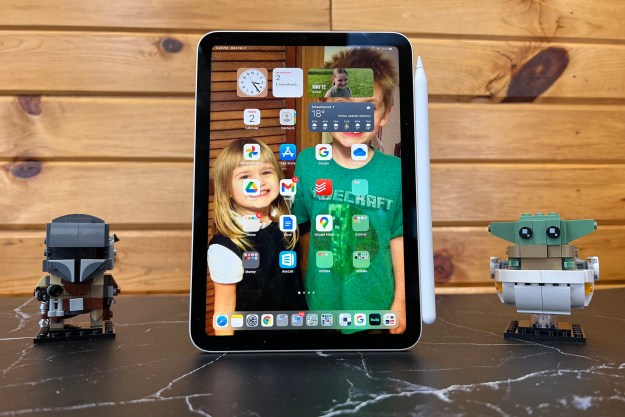 Not wanting to feel left behind in the digital age, many publishers of long-running print magazines have been keen to jump on the e-publishing bandwagon in an attempt to find a new audience, or at the least, in the hope of not losing any of its existing readers. But there’s one high profile publisher who is deciding to sit this one out. Indeed, he can’t see what all the fuss is about. Talking to AdAge, the founder of Rolling Stone magazine, Jann Wenner, said he thought publishers were “crazy” to be so keen to get their publications on the iPad.
Not wanting to feel left behind in the digital age, many publishers of long-running print magazines have been keen to jump on the e-publishing bandwagon in an attempt to find a new audience, or at the least, in the hope of not losing any of its existing readers. But there’s one high profile publisher who is deciding to sit this one out. Indeed, he can’t see what all the fuss is about. Talking to AdAge, the founder of Rolling Stone magazine, Jann Wenner, said he thought publishers were “crazy” to be so keen to get their publications on the iPad.
“From the publisher’s point of view I would think they’re crazy to encourage it,” he told AdAge’s Nat Ives. “They’re going to get less money for it from advertisers. Right now it costs a fortune to convert your magazine, to program it, to get all the things you have to do on there. And they’re not selling. You know, 5,000 copies there, 3,000 copies here, it’s not worth it.”
The successful publisher, who co-launched Rolling Stone at age 20 and at a cost of just $7500, suggests that his counterparts should stop and think before fully immersing themselves in the digital age. “I think that they’re prematurely rushing and showing little confidence and faith in what they’ve really got, their real asset, which is the magazine itself, which is still a great commodity,” Wenner explains.
So if they are “prematurely rushing,” when might be a good time to fully embrace the iPad and its subscription platform? Wenner’s answer may surprise some: “Oh I think down the road. Who knows how far down the road….Decades, probably,” he says. “People’s habits will shift, they’ll make improvements in the delivery system, the screen will change, it will get lighter, whatever, and new people growing up will find that as a habit. But you’re talking about a generation at least, maybe two generations, before the shift is decisive.”
Despite his reservations about publishing on the iPad and other tablets, Wenner appreciates the usefulness of the platform. “The tablet itself is a really fun device. Some people are going to enjoy it a lot and use it. Some people aren’t,” he says. “It’s a good magazine reading device, absolutely. And where it becomes more convenient to read the magazine on that, that’s got the advantage. But that’s more convenient only if you’re traveling, if you’re away from home. Otherwise it’s still easier to read the physical magazine, which is widely available on newsstands, at airports, and everywhere. You can still subscribe to get it and get it on time. You still get all the value of the magazine.”
In February, Apple launched its iTunes-App Store subscription model, a model which gives the Cupertino company a 30 percent cut of the takings. This month, The New Yorker magazine found its way onto the iPad, along with a host of other Condè Nast titles. Those subscribing to the print edition of The New Yorker receive both the iPad and web edition for free.
As for Wenner, he hasn’t kept his toe completely outside of the digital publishing pool. A subscription to the print version of the magazine also gets you access to the publication’s archive and online access to the magazine – which you could, of course, read on your tablet.
Editors' Recommendations
- Apple is about to do the unthinkable to its iPads
- We finally know when Apple will announce its 2024 iPads
- This iPad just got a rare discount — save $100 at Best Buy
- Apple accidentally revealed a big iPad Pro display upgrade
- Two popular iPad models just got pretty steep price cuts — from $250


